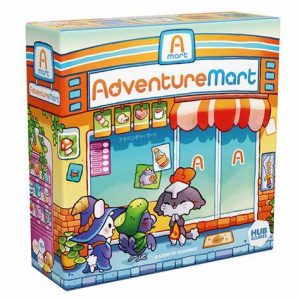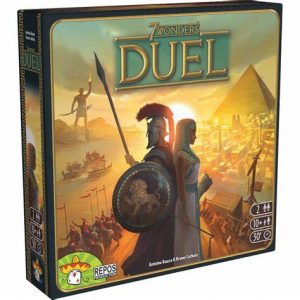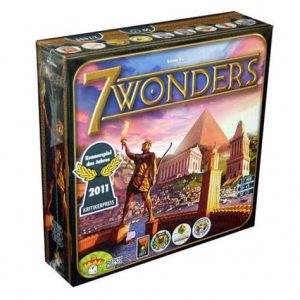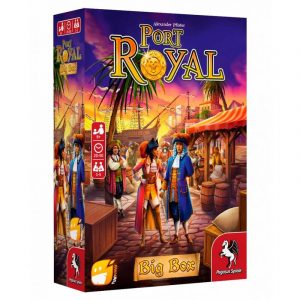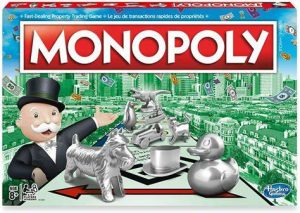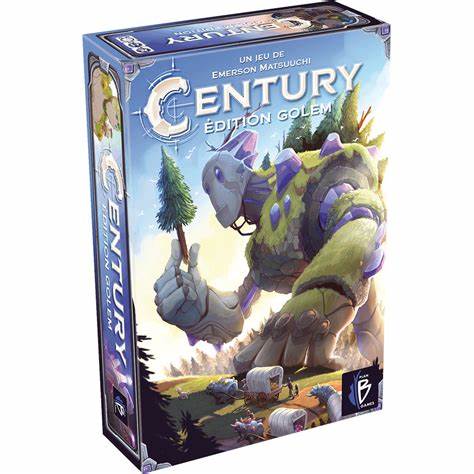
Arch Ravels
Experience the colorful and crafty world of fiber arts with ArchRavels! Play as one of four characters, each with their own unique crafting specialty. Hit the Yarn Bazaar to build up your stash. Follow the patterns to make cuddly bears, warm blankets, and cozy scarves. Along the way you’ll get some unique special requests. Turn in your completed items to master a pattern, complete projects, and score points. When the project list runs out, the crafter with the most points wins!
Game Mechanics:
- Economic
- Open Drafting
- Pattern Building
- Set Collection
Game Specifications:
- 2 – 4 Players
- 30 – 45 Minutes
- Difficulty Weight 1.86
